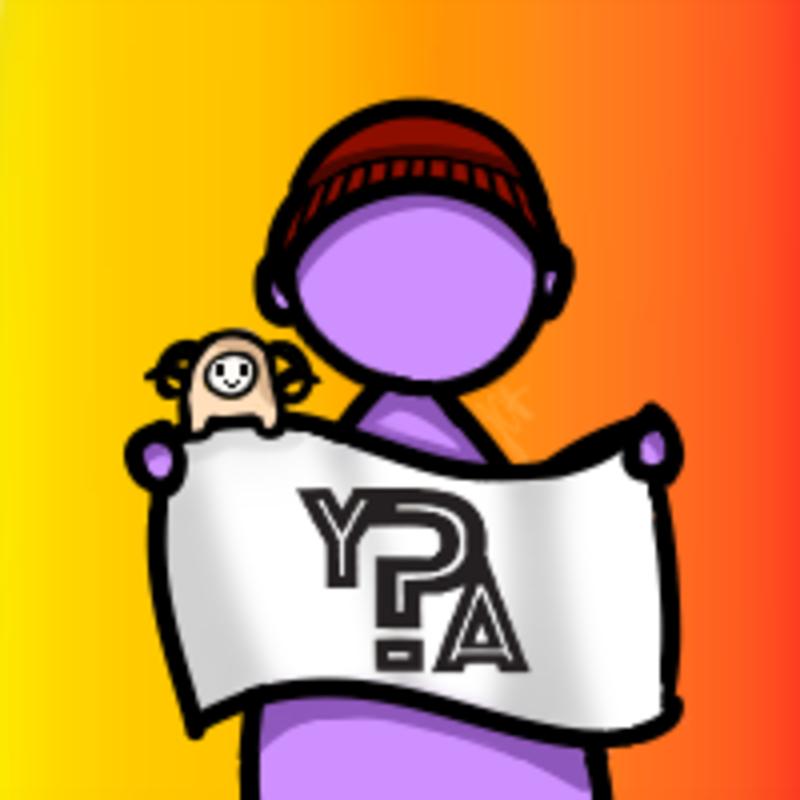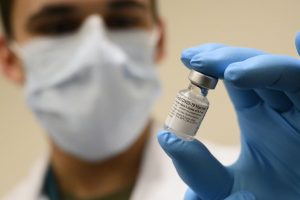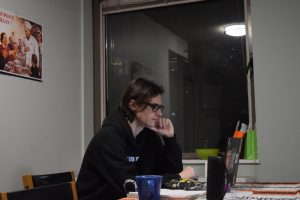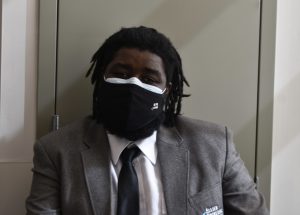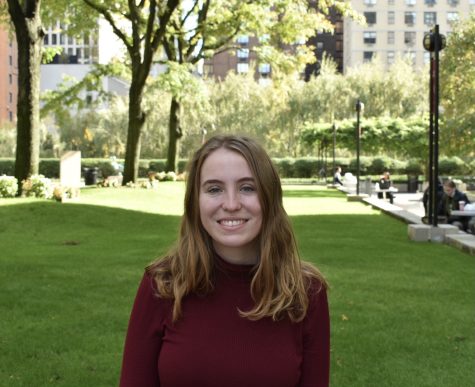Peer Health Exchange Volunteers Teach Virtual Classes to NYC Students
Fordham students learn the difficulties of virtual teaching
April 2, 2021
As college students are surviving in the midst of a pandemic, everyone has grown used to the struggles of attending class virtually. However, as part of the organization Peer Health Exchange (PHE), some Fordham students are gaining a new perspective on virtual learning by teaching online health courses in NYC public schools.
PHE is a national organization that aims to educate and empower youth in urban public schools. Through a curriculum centered around identity, drug safety and sexual health and awareness, PHE volunteers provide students with access to health resources as well as the agency to use them.
On a typical day, a PHE volunteer attends training workshops where they learn how to properly teach and handle classroom problems. Once volunteers have attended workshop meetings and an extensive training program, the volunteers are placed in an NYC public high school that has signed up for the program.
“My experience definitely allowed me to empathize with teachers who work hard to make their virtual classrooms enriching while also maintaining flexibility and understanding for their students.” Miya Asobo, FCLC ’22
Over a span of three to four months, volunteer health educators get to dive deep into the aspects of health care and resources that typical classroom curricula might ignore. Workshops center inclusive language and allow students to ask anonymous questions regarding their sexual and physical health. Rather than simply teaching about STDs or birth control, PHE educators work through the complexities of identity and consent, providing students with a safe space to question and explore their own identities.
Once placed in a classroom, PHE volunteers teach virtually once a week, meeting up with the same group of students and working through a series of powerpoints and lessons. While it is difficult to teach virtually, Co-coordinators Aiza Bhuiyan and Loli Alvarez assert that PHE volunteers have acclimated to the struggles of Zoom pretty quickly.
While PHE is not officially affiliated with Fordham because it does not teach abstinence-first sexual education, several Fordham students work as volunteers. While the organization usually prides itself on peer connection, the pandemic has made it even more difficult to foster relationships between health educators and students.
Miya Asobo, Fordham College at Lincoln Center (FCLC) ’22, worked as a virtual volunteer with PHE in the Fall semester to give back to the NYC community. Her experience teaching online gave her the unique experience of being both a student and an educator in a virtual world. This dichotomy allowed her to also see firsthand the same challenges her professors are facing.
“My experience definitely allowed me to empathize with teachers who work hard to make their virtual classrooms enriching while also maintaining flexibility and understanding for their students,” Asobo said.
The perspective allows students to empathize with educators and also encourages volunteers to remain active members of their community. Despite all of the challenges of teaching virtually, PHE volunteers have not given up. In fact, a majority of PHE volunteers have stayed active within the program, continuing to teach and attend workshop lessons on Zoom.
“In addition to the importance of the work that we are doing by providing reliable and individualized health education, it also keeps me connected to my college community and the local community.” Loli Alvarez, FCLC ’21
Loli Alvarez, FCLC ’21 and co-coordinator for the Lincoln Center branch of PHE, says she continues to work with PHE because it gives her a sense of purpose. “I chose to stay in PHE because of the community that we have built as a chapter,” she said. “In addition to the importance of the work that we are doing by providing reliable and individualized health education, it also keeps me connected to my college community and the local community.”
During a time when connecting is almost impossible, these classes provide a brief moment of human interaction and understanding to brighten up an otherwise long and dull day. While the classes are only 45 minutes long, they have an amazing impact on the NYC community by educating high school students on health resources while also providing them with a peer figure to turn to in times of need.
“It gives me a sense of purpose and community interaction beyond the recurring zoom classes and the asynchronous classwork,” Alvarez said.
Learning online during a pandemic is hard. Teaching online during a pandemic is harder. That doesn’t mean that the value of health education is diminished. Now is the time for students to actively volunteer in their community and help out the groups that are especially hard-hit by the negative financial and health consequences of COVID-19.

